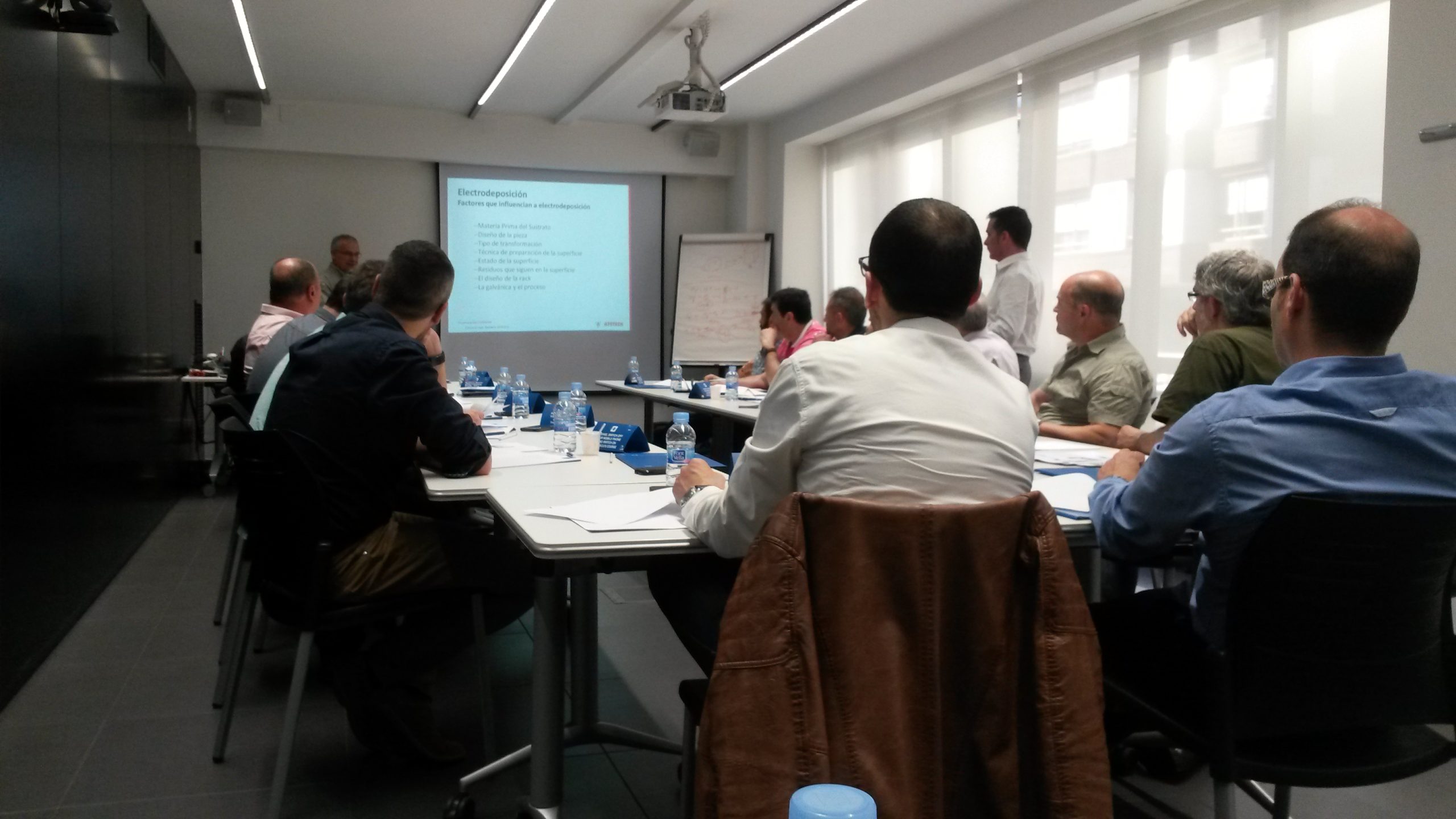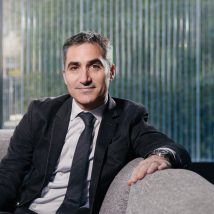

XAVIER AGUILERA
Senior Managing Director Human Resources
Barcelona (Spain)
“2022 was a year of extraordinary events and growing challenges.
It is my pleasure to share with you this year’s Roca Group Corporate University (RGCU) Annual Training Report. Once again, 2022 was a year of extraordinary events and growing challenges – on top of existing ones – that have marked our lives and our business.
RGCU has also felt the effects of these changes and the team has adapted to this fast-moving environment to continue providing internal training services to the same high standards.
In 2022, the focus for RGCU has been the needs of the business. Activity has been centred on understanding future trends in both management and corporate learning systems. We have worked hard to anticipate the demands that will be placed on us going forward. The way we learn in companies is set to change in response to a number of trends, including digitisation and robotics, artificial intelligence and the growing requirements with which we need to comply – and even go beyond – when it comes to sustainability.
All this has led us to make major investments in technology in recent years and we will start to see this bear fruit in 2023. First, we have a new Learning Management System (LMS), which significantly improves the provision of the tools available to date and will allow us to provide all units with processes to manage knowledge and learning across the Roca Group. In addition to the IT platform, RGCU will also have a number of coordinators across the Group to support the roll-out of our knowledge and skills management policy in full alignment with our corporate strategy.
We are also working to update our tools for managing talent and personal data as a stepping stone to launching our new performance and development process – Roca Group Way (RGW). In 2023, we will be supporting the HR teams to ensure they are ready for this challenge, a landmark in the company’s approach to people management scheduled to take effect from 2024.
Our mission is closely linked to the business support function and the people behind it. This year, training activities have focused on areas such as rapidly changing business processes that are impacting many of us in areas such as Digital Transformation and Supply Chain. This is just the start of these changes and RGCU is already providing its full support, developing content to help us understand and integrate the new processes and forms of organisation.
For all our achievements so far and all those that lie ahead, I would like to thank you for your patience and collaboration with the RGCU team.”
Masaaki started out working at the Japanese Productivity Centre in the United States, helping Japanese engineers to become familiar with US industry. Years later, he became president of the Japan Federation of Recruiting and Employment Agency Associations in 1976, consolidating his status as an expert in both Western and Japanese cultures and ways of working. The second figure was Taiichi Ono, a mechanical engineer and colleague of Masaaki, who started out working at the Toyoda textile factory and was transferred to Toyota Motor Corporation in 1942, where he became manager of the plant and one of the fathers of the Toyota Production System (TPS), based on the Kaizen philosophy. This was the system that gave birth to concepts like Kanban, Muda, Poka-Yoke and Gemba.
Masaaki would recount how, in order to explain the concept of Gemba (the place where things happen), Taiichi would personally welcome all new engineers to the factory. He would take them on a tour of the factory, stopping when he reached a circle he had drawn on the floor. He would then excuse himself, explaining he had some urgent business to attend to telling them they could not move from the circle for safety reasons. After a long wait, he would then return and ask them what they had observed in the processes around them and if they had spotted any room for improvement. He used this small experience to impart the importance of two fundamental concepts of the philosophy: first, the concept of Kaizen or continuous improvement itself (kai: change; zen: kindness or improvement); and second, the concept of Gemba (the place where things happen), since changes and improvements are not made in an office but at the site where things happen.